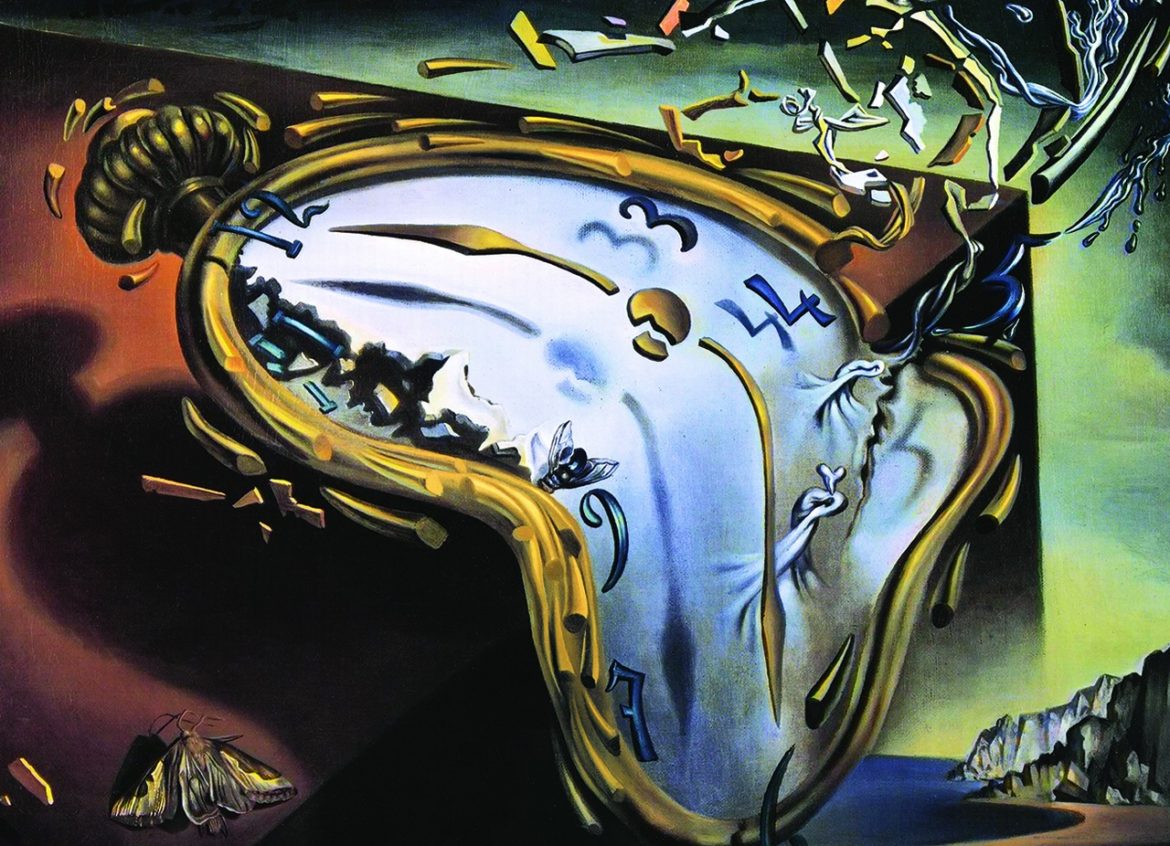According to Science Daily, over 30 studies have linked severe insomnia with suicidal thoughts or suicide itself, yet when psychiatrists treat severe depression, they often fail to address the accompanying insomnia.
We still don’t know the answer to the chicken/egg on this: whether insomnia drives suicidal thoughts, or suicidal thoughts drive insomnia, but the answer is probably the usual — it’s a terrible cycle and a question you can’t answer.
But severe insomnia is definitely wrapped up in the realm of suicide.
And according to a new study in the American Journal of Psychiatry, targeting insomnia should be a major part of any plan to help reduce suicidal thoughts and actions.
Researchers gave one group of patients with suicidal thoughts and severe insomnia a sleep aid (zolpidem, i.e. Ambien) and the other, a placebo. Both were given antidepressants, as well.
After two months, the patients on Ambien got better sleeps, had fewer suicidal thoughts, better thinking patterns, and more hopeful thoughts about the future.
In other words, in designing a treatment plan for suicidal patients, it’s incredibly important to address insomnia.
Now here comes the concern you were probably already thinking of — what about dependence on sleep aids?
After all, people can get hooked on Ambien and it can lose its efficacy over time.
Well, researchers only gave the patients Ambien for 8 weeks, then stopped, and followed up, two weeks later.
The patients who had taken the Ambien were, after two weeks, still less suicidal and more hopeful about the future.
So if you’re struggling with sleep and severe depression, it might be time to talk with your doctor about this acronym the researchers came up with: REST-IT. “Reducing Suicidal Ideation Through Insomnia Treatment.”
[Painting: Salvador Dali, Melting Clock.]
By the way, a famous insomniac, Dali thought he could tap into greater artistic wells by “sitting upright in a chair all night, while dozing off and holding a spoon in his hand.” Waiting for the clinical trial on that.

